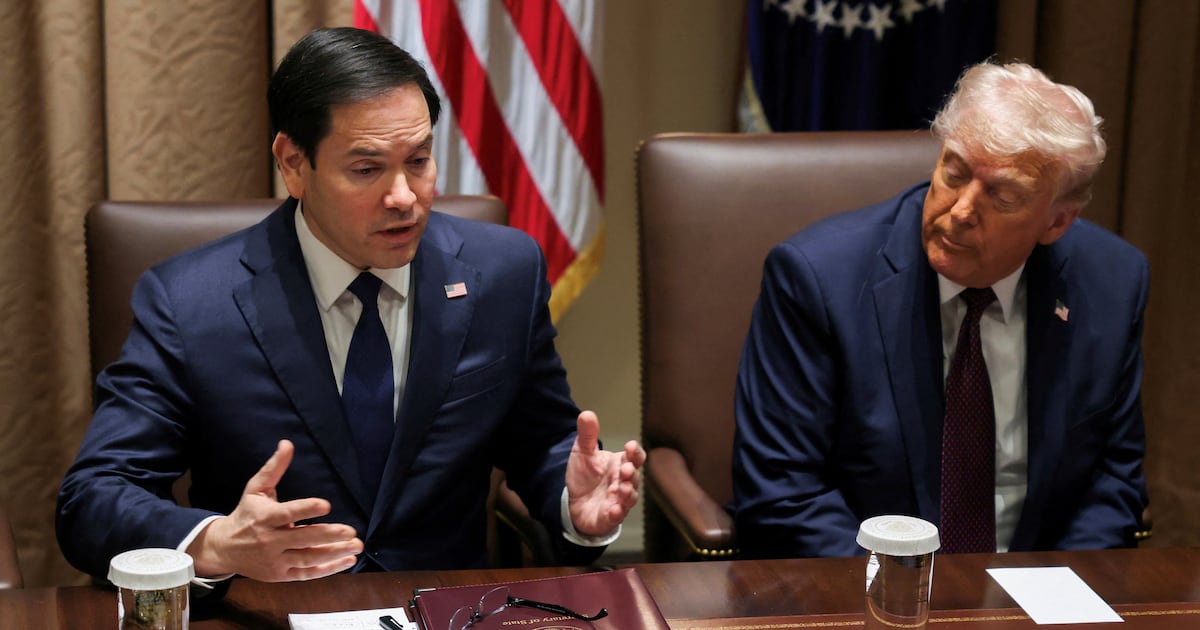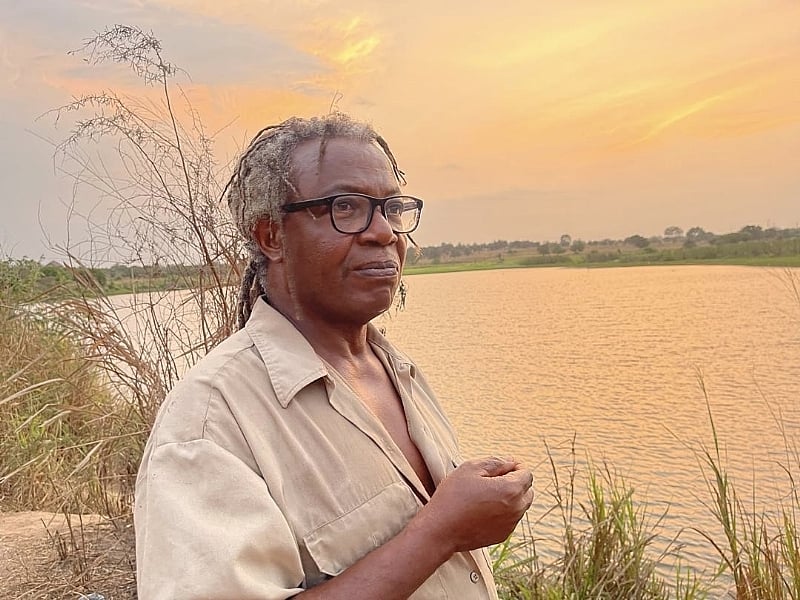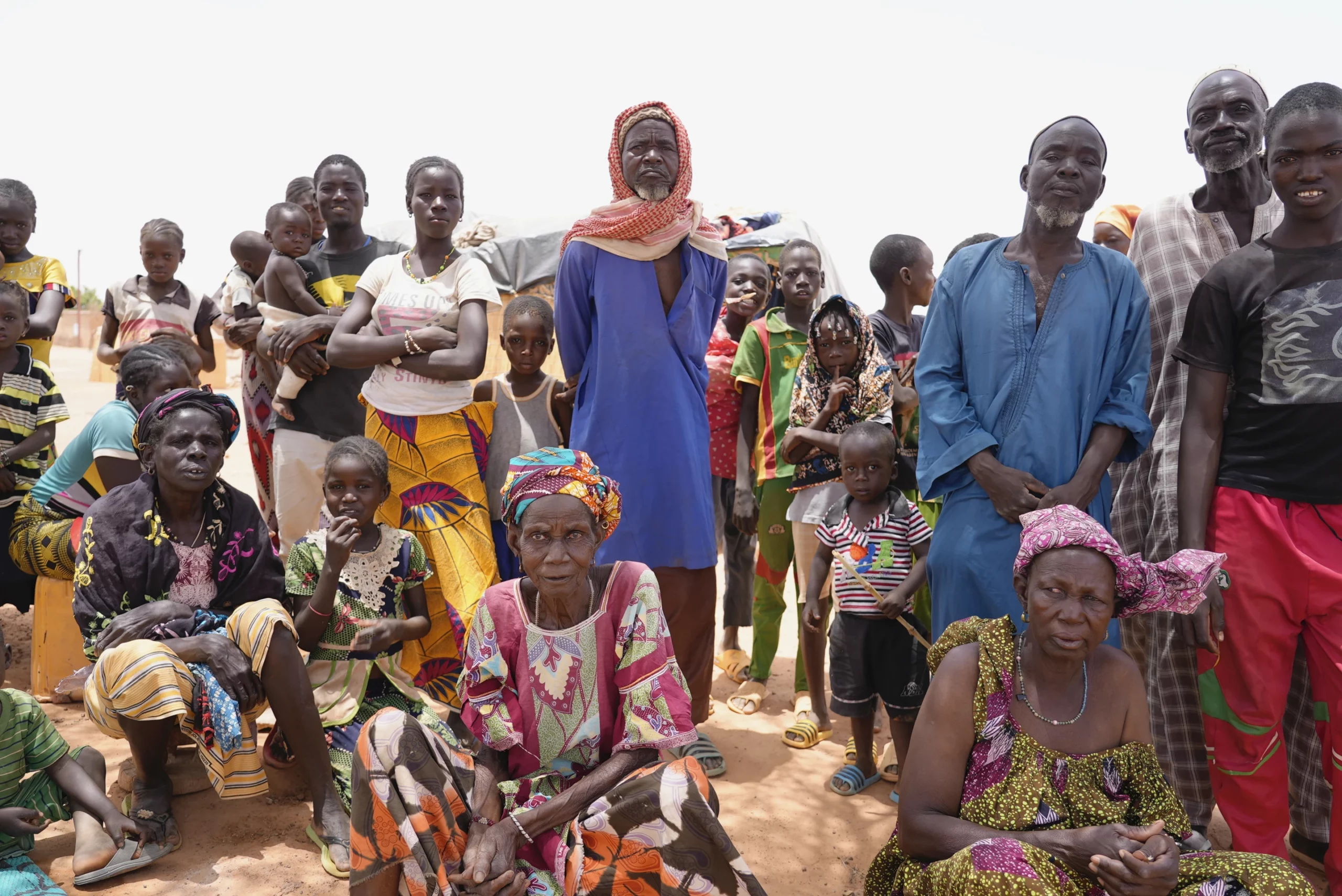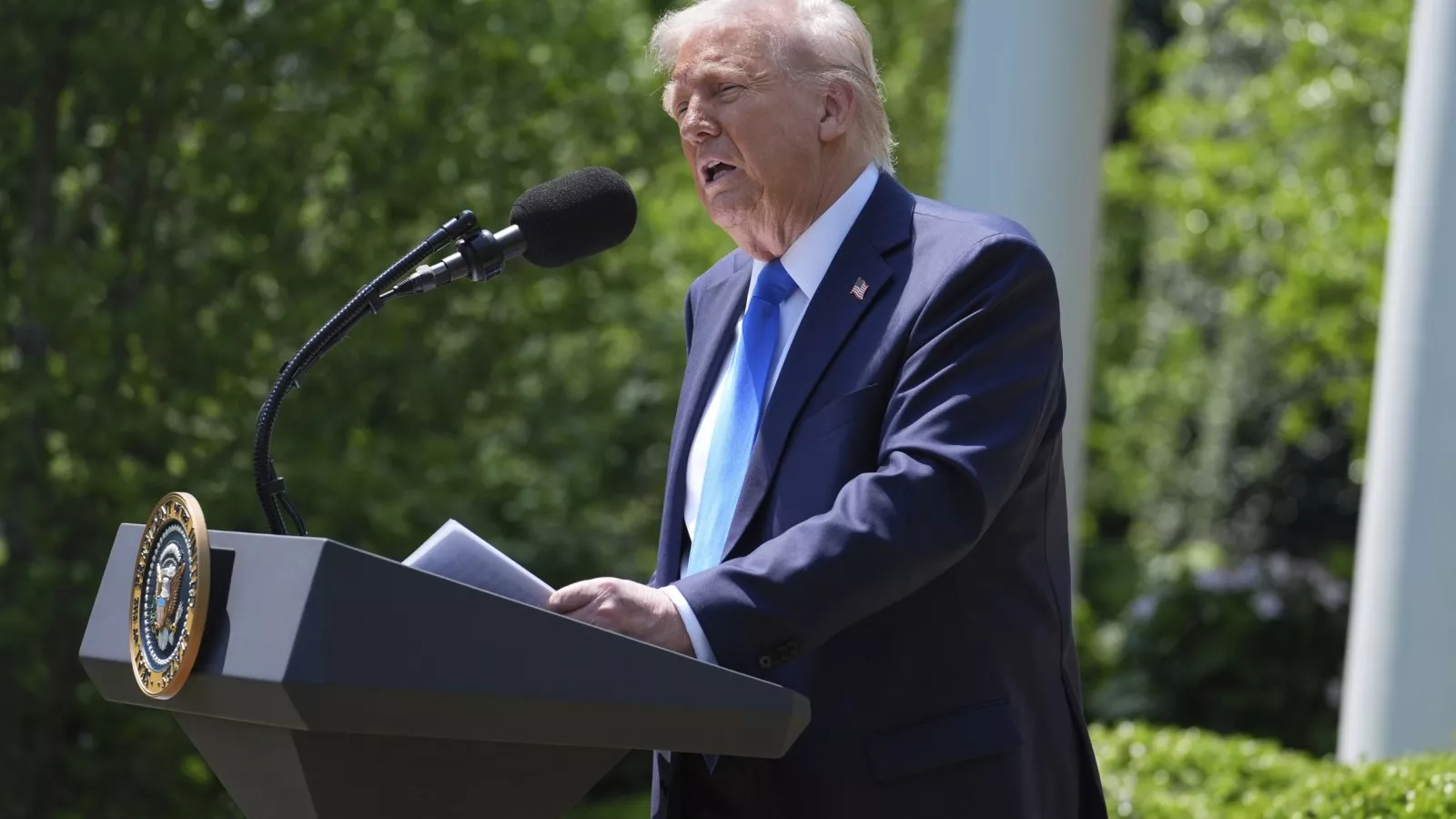Macron Condemns Religious Hatred After Mosque Killing: 'Unity Over Violence'
Religion
2025-04-27 16:27:16Content
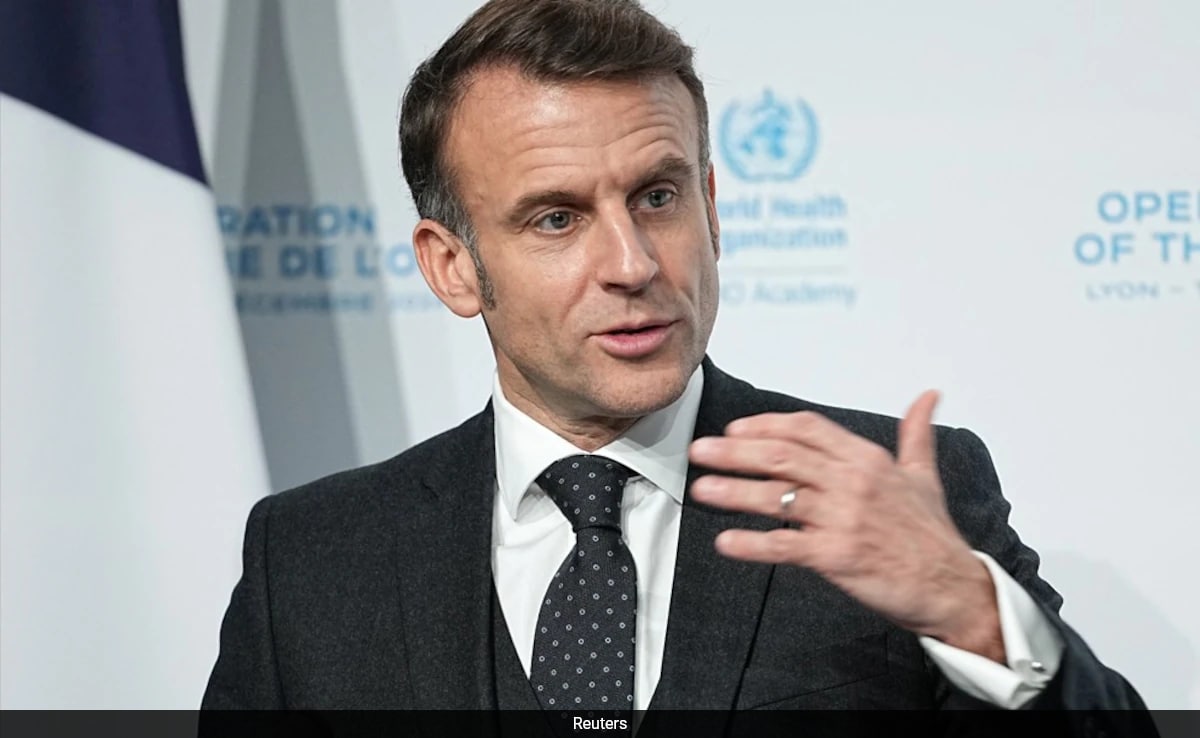
In a powerful statement condemning violence and intolerance, President Emmanuel Macron addressed the nation following a shocking and brutal attack that has deeply shaken France's social fabric. Speaking out after a Muslim man was fatally stabbed inside a mosque in southern France, Macron emphasized that there is absolutely no room for racism or hatred within the country's core values.
The president's remarks underscored the urgent need to combat prejudice and violence, sending a clear message that such acts of brutality have no place in a society committed to unity, respect, and mutual understanding. By directly confronting the incident, Macron sought to reassure citizens and reaffirm France's fundamental principles of equality and human dignity.
This tragic event serves as a stark reminder of the ongoing challenges surrounding religious tolerance and social cohesion. Macron's swift and unequivocal condemnation signals the government's commitment to protecting all citizens, regardless of their faith, background, or cultural identity.
Macron's Resolute Stand: Confronting Racism and Religious Intolerance in France
In the wake of a deeply disturbing act of violence that has shaken the foundations of social harmony, France finds itself at a critical crossroads of national identity, social cohesion, and the fundamental principles of human dignity. The brutal stabbing of a Muslim worshipper in a southern mosque has triggered a profound national conversation about the persistent challenges of racism, religious discrimination, and the ongoing struggle to maintain the country's cherished values of equality and mutual respect.Uniting Against Hate: A Nation's Moral Imperative
The Incident: A Catalyst for National Reflection
The shocking violence that unfolded in a peaceful place of worship represents more than just an isolated criminal act. It exposes deep-seated tensions that continue to challenge France's commitment to social inclusivity and religious freedom. President Emmanuel Macron's immediate response underscores the gravity of the situation, signaling a national leadership determined to confront the insidious roots of discrimination and hatred. The incident serves as a stark reminder of the ongoing struggles faced by minority communities in France, highlighting the critical need for sustained dialogue, understanding, and proactive measures to combat systemic prejudice. Each act of violence against religious or ethnic minorities threatens the very fabric of democratic society, challenging the fundamental principles of liberty, equality, and fraternity.Presidential Leadership in Challenging Times
Macron's unequivocal statement that "there can never be a place for racism and hate" represents more than a political rhetoric. It is a powerful declaration of national commitment to protecting the rights and dignity of all citizens, regardless of their religious or cultural background. This stance reflects a broader governmental approach to addressing the complex challenges of multiculturalism and social integration. The presidential response highlights the delicate balance between maintaining national security, respecting individual freedoms, and promoting social cohesion. It demonstrates a recognition that combating racism requires more than symbolic gestures – it demands comprehensive strategies addressing education, social policy, and systemic inequalities.Societal Implications and Future Challenges
The stabbing incident brings to the forefront critical questions about social integration, religious tolerance, and the ongoing struggle against discrimination in contemporary French society. It challenges citizens and policymakers alike to examine the deep-rooted prejudices that continue to divide communities and undermine the nation's foundational principles. France's response to such incidents will be crucial in determining its ability to create a truly inclusive society. This requires not just political statements, but sustained efforts in education, community engagement, and systemic reforms that address the underlying causes of racial and religious tensions.Legal and Social Mechanisms of Prevention
Addressing such violent manifestations of hatred demands a multifaceted approach. Legal frameworks must be robust and consistently applied, sending a clear message that discriminatory violence will not be tolerated. Simultaneously, social programs focusing on intercultural understanding, dialogue, and mutual respect are essential in preventing future incidents. Educational institutions, community organizations, and media platforms all play critical roles in challenging stereotypes, promoting understanding, and creating spaces for meaningful intercultural dialogue. The goal is not just to punish individual acts of violence, but to transform the underlying social dynamics that give rise to such destructive behaviors.RELATED NEWS
Religion
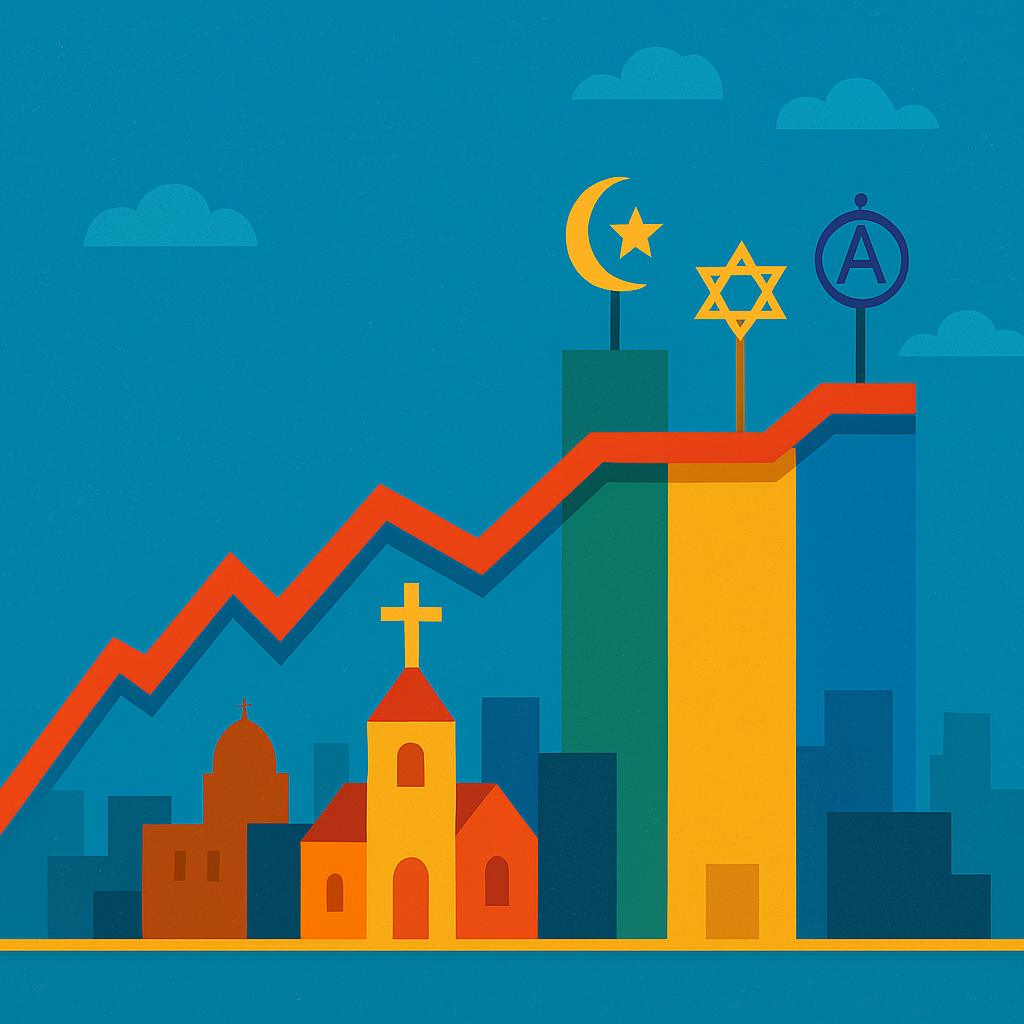
Faith at a Crossroads: Why Religious Engagement is Hitting a Standstill in 2024
2025-04-09 04:03:19
Religion
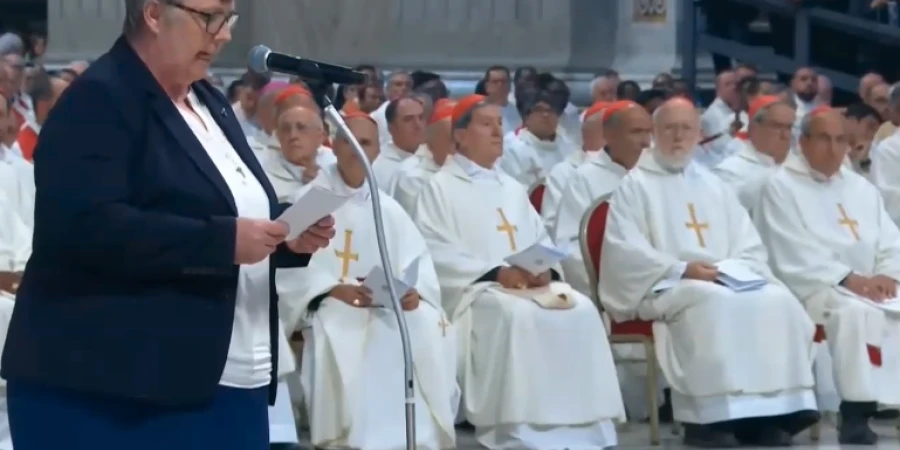
Pope's Powerful Tribute: Celebrating the Unsung Heroes of Faith - Women Religious Take Center Stage
2025-05-03 16:50:00

